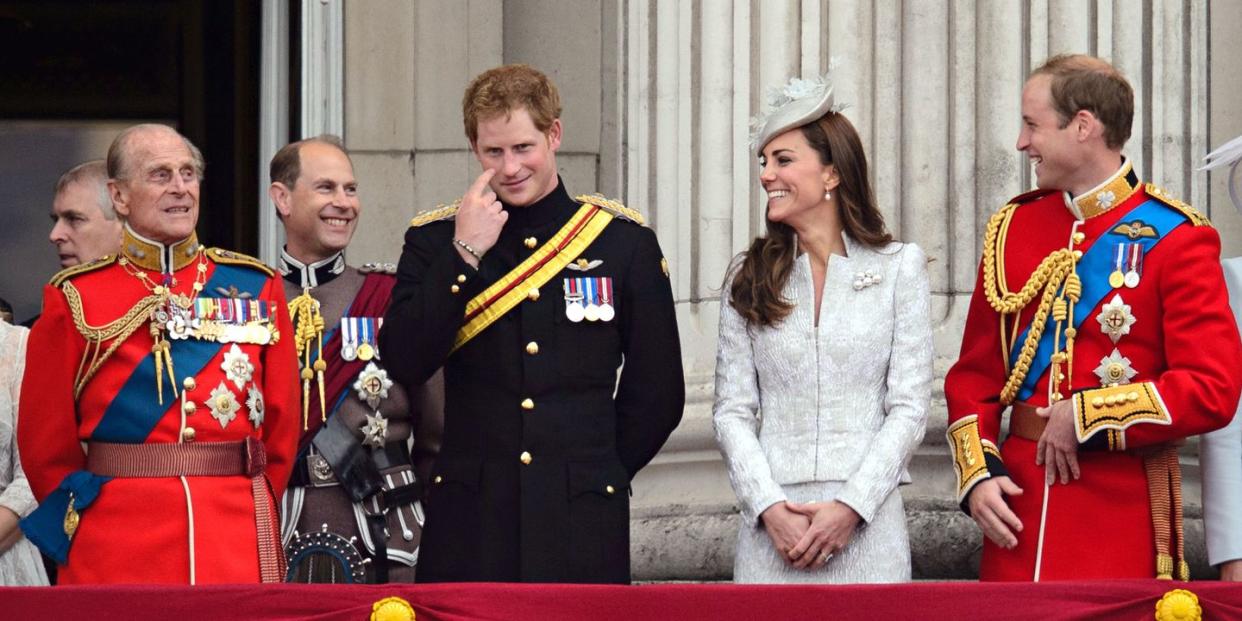This Royal almost became King of another country

We all know about Britain's Royal Line of Succession, which will see Prince Charles crowned King when the Queen sadly passes away (we can't bear to think about it either). Charles will then be followed by his son, Prince William, who'll then be succeeded by his son, Prince George. But, as it turns out, there's another Royal Family member who almost became King, despite being 11th in line to the throne.
In fact, back in the 1990s, the Queen's youngest son Prince Edward had the opportunity to become the King of Estonia. The newly-formed country came to be after the fall of the Soviet Union, and in 1994 Estonia's royalist party (who some argue was nothing more than a protest group), wrote a letter to Her Majesty requesting permission to crown her then 30-year-old son as their monarch.
Royal expert, Robert Jobson, confirmed the now-defunct party's request in his book, The Royal Family Operations Manual. And, according to the Sunday Telegraph [via Deseret], the letter had called the Duke of Wessex a "young British prince much admired by Estonians."
The letter reportedly continued: "Edward is perfect - young, royal, artistic and talented. We admire his Royal Highness Prince Edward enormously. We also admire Britain, its monarchy, democracy and culture."
The Estonian royalists party added that they "would be most honoured if you [the monarchy] would accept this rare request." However, speaking about the request at the time, a spokesperson for Buckingham Palace said that Prince Edward becoming King of Estonia was "a charming idea but a rather unlikely one."

But, Prince Edward isn't the only member of the Royal Family who's had the opportunity to rule elsewhere. That's because his father, Prince Philip, was actually sixth in line to the throne of Greece before he married the Queen. Born into royalty, Prince Philip's parents were Prince Andrew of Greece and Denmark and Princess Alice of Battenberg, but in order to marry the then-Princess Elizabeth, (who as we know became the Queen of England), Prince Philip had to renounce his Danish and Greek royal titles. By doing so, he became a naturalised British subject and took on his maternal grandparents' last name, Mountbatten.
However, even if he hadn't married the Queen, Prince Philip would have never made it onto the Greek throne – as the country's monarchy was abolished by the military regime in 1973.
You Might Also Like


